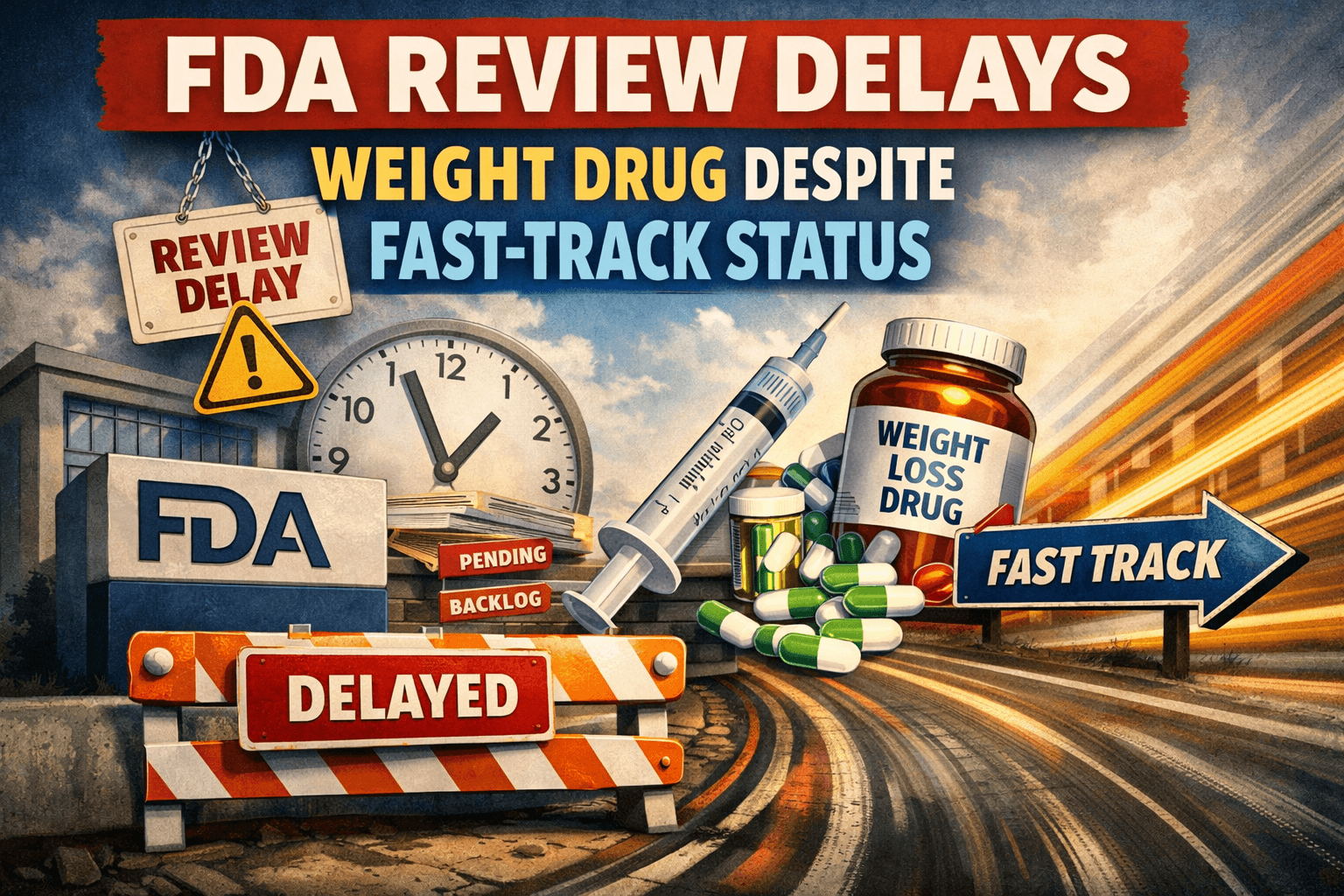Teva and Other Generic Drugmakers Inflated Prices Up to 1,000%, State Prosecutors Say
May 11, 2019
by Heather Murphy, May 11, 2019 | From: The New York Times
Leading drug companies including Teva, Pfizer, Novartis and Mylan conspired to inflate the prices of generic drugs by as much as 1,000 percent, according to a far-reaching lawsuit filed on Friday by 44 states.
The industrywide scheme affected the prices of more than 100 generic drugs, according to the complaint, including lamivudine-zidovudine, which treats H.I.V.; budesonide, an asthma medication; fenofibrate, which treats high cholesterol; amphetamine-dextroamphetamine for A.D.H.D.; oral antibiotics; blood thinners; cancer drugs; contraceptives; and antidepressants.
“We all know that prescription drugs can be expensive,” Gurbir S. Grewal, the New Jersey attorney general, said in a statement. “Now we know that high drug prices have been driven in part by an illegal conspiracy among generic drug companies to inflate their prices.”
In court documents, the state prosecutors lay out a brazen price-fixing scheme involving more than a dozen generic drug companies and just as many executives responsible for sales, marketing and pricing. The complaint alleges that the conspirators knew their efforts to thwart competition were illegal and that they therefore avoided written records by coordinating instead at industry meals, parties, golf outings and other networking events.
The bulk of the collusive activity occurred from July 2013 to January 2015, according to the complaint, when Teva raised prices on nearly 400 formulations of 112 generic drugs. A key element of the scheme, the complaint alleges, was an agreement among competitors to cooperate on pricing so each company could maintain a “fair share” of the generic drug markets. At the same time, the companies colluded to raise prices on as many drugs as possible, according to the complaint.
Though the complaint paints Teva Pharmaceuticals USA, which is based in Pennsylvania, as a leader in the conspiracy, it describes the conduct as “pervasive and industrywide.”
“Rather than enter a particular generic drug market by competing on price in order to gain market share,” the complaint states, “competitors in the generic drug industry would systematically and routinely communicate with one another directly, divvy up customers to create an artificial equilibrium in the market, and then maintain anticompetitively high prices.”
Teva denied the allegations. “Teva continues to review the issue internally and has not engaged in any conduct that would lead to civil or criminal liability,” the company said in a statement.
The Israeli drugmaker Teva Pharmaceutical Industries is one of the world’s largest manufacturers of generic medicines. The company faced criticism in February 2018 for charging $18,375 for a bottle of 100 pills for a rare medical condition known as Wilson disease. Mylan has also generated outrage for raising the price for a two-injection EpiPen set to over $600 from $100. The latest lawsuit comes as drug companies are already facing widespread scrutiny from lawmakers over drug prices.
The lawsuit was filed in the Federal District Court in Connecticut, where the multistate investigation began. On Saturday, William Tong, the Connecticut attorney general, said on Twitter that the organized effort to maximize profits was “a highly illegal violation of antitrust laws.”
The new lawsuit is a more expansive version of a similar suit filed by the previous Connecticut attorney general in December 2016 in the Federal District Court for the Eastern District of Pennsylvania.
Pfizer denied any wrongdoing in a statement on Saturday. The company said that Greenstone, a Pfizer subsidiary that produces generic drugs, “has been a reliable and trusted supplier of affordable generic medicines for decades and intends to vigorously defend against these claims.”
State prosecutors say the conspiracy has negatively affected the national economy while damaging state health plans and federal health care programs like Medicare and Medicaid.
In his statement, Mr. Grewal described the pharmaceutical industry in New Jersey, where much of the illegal conduct is alleged to have occurred, as “the envy of the world.”
“But no New Jersey company will get a free pass when it violates the law and harms our residents.”
A version of this article appears in print on May 12, 2019, on Page A24 of the New York edition with the headline: Top Drugmakers Are Accused of Inflating Generic Prices Up to 1,000%.
Type something …
Search


















